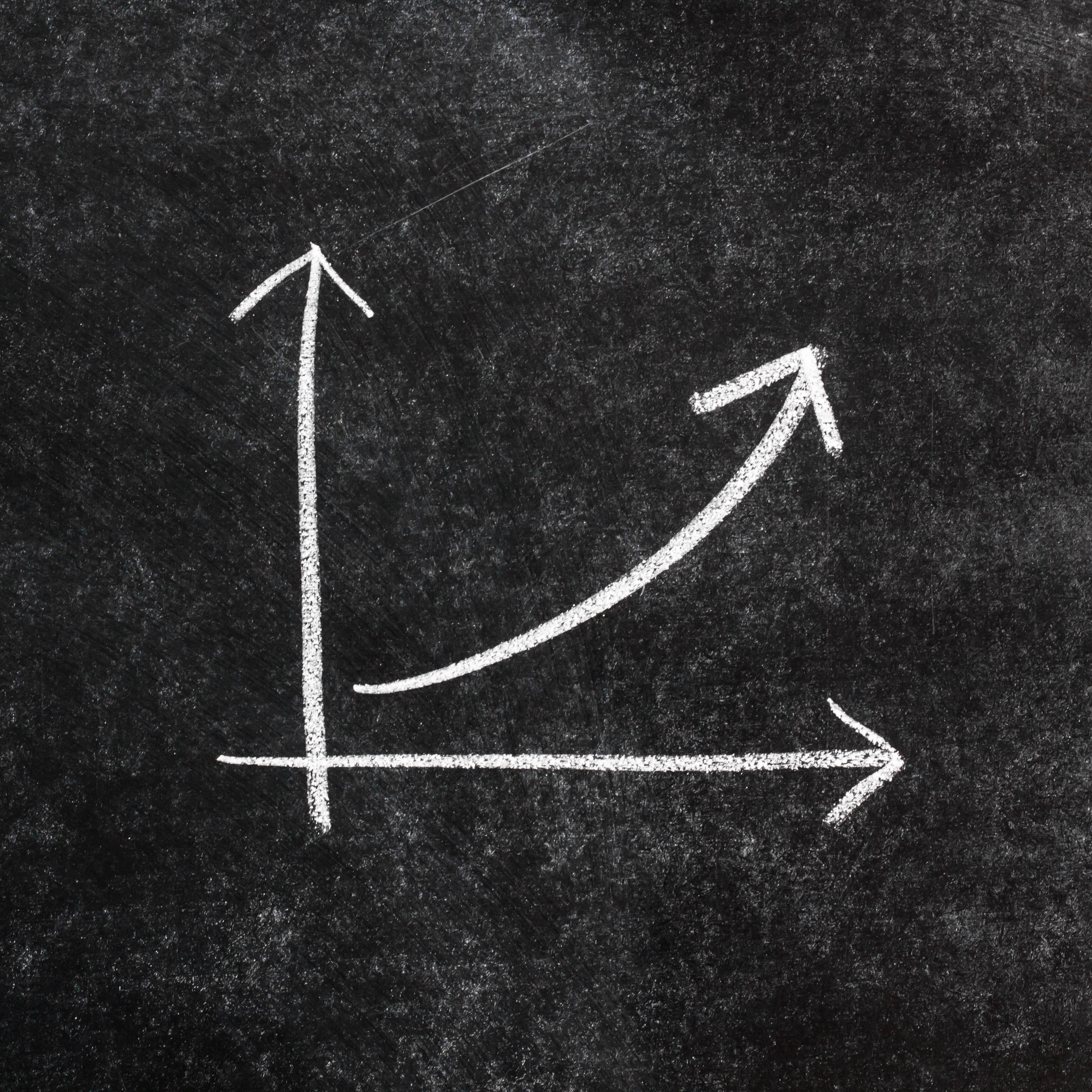Health and Healthcare
Can Gilead Shares Still Really Rise to $150?

Published:
Last Updated:

Gilead Sciences Inc. (NASDAQ: GILD) recently saw a sell-off after the company posted less than favorable earnings, but one analyst thinks that investors have spoken too soon. This independent analyst firm sees this sell-off as overlooking multiple growth drivers, and that it focuses too narrowly on the drop in worldwide sales of Harvoni. As a result, Argus has come out and issued the highest price target on Wall Street for this stock.
Argus reiterated a Buy rating with a $150 price target, implying an upside of roughly 70%, blowing away all other estimates. Keep in mind the consensus analyst price target is only about $111, implying an upside of just 26%.
The research firm continues to see an extended period of strong sales for the company’s hepatitis C drugs, given the many patients, both in the United States and overseas, who have not received treatment. The firm also likes Gilead’s newer versions of HIV drugs that preserve bone density and kidney function.
Gilead appears favorably valued at just 7.3 times the Argus 2016 earnings per share estimate, and well below the mean of 16.3 for Argus’s coverage universe of peer stocks.
Despite lower first quarter sales of the hepatitis C drug Harvoni, we expect an extended period of growth for the company’s hep C drugs, which also include Sovaldi. We also like Gilead’s newer versions of HIV drugs that preserve bone density and kidney function. Looking ahead, we expect Gilead to use its substantial operating cash flow to make acquisitions and develop its new product pipeline.
Argus believes that there is still a large addressable market of untreated hepatitis C patients, both in the United States and overseas. In the United States, Gilead estimates that Sovaldi and Harvoni have been used to treat about 400,000 hepatitis C patients since the launch of Sovaldi in December 2013. Yet there is also an estimated untreated population of 3 million patients. Additionally, despite the fact that Gilead’s products have not been approved in China, the company estimates that between 10 million and 15 million people in China have hepatitis C. In the first quarter, Harvoni sales fell 16% to $3.017 billion, while Sovaldi sales rose 31% to $1.277 billion.
Also in the first quarter, Gilead’s HIV drugs saw sales grow 18% to $2.889 billion, driven by the introduction of newer drugs with better safety profiles. These drugs, which contain tenofovir alafenamide (TAF), essentially replace a series of older drugs that contain tenofovir disoproxil fumurate. The TAF-based drugs have lower dosages of tenofovir and are less harmful to kidney function and bone density. Argus expects worldwide sales of Gilead’s Genvoya to double year over year in the second quarter of 2016. The firm also expects strong launches for Descovy and Odefsey as well.
Shares of Gilead were trading down 1.4% at $87.80 on Tuesday, with a consensus analyst price target of $111.48 and a 52-week trading range of $81.89 to $123.37.
A financial advisor can help you understand the advantages and disadvantages of investment properties. Finding a qualified financial advisor doesn’t have to be hard. SmartAsset’s free tool matches you with up to three financial advisors who serve your area, and you can interview your advisor matches at no cost to decide which one is right for you. If you’re ready to find an advisor who can help you achieve your financial goals, get started now.
Investing in real estate can diversify your portfolio. But expanding your horizons may add additional costs. If you’re an investor looking to minimize expenses, consider checking out online brokerages. They often offer low investment fees, helping you maximize your profit.
Thank you for reading! Have some feedback for us?
Contact the 24/7 Wall St. editorial team.